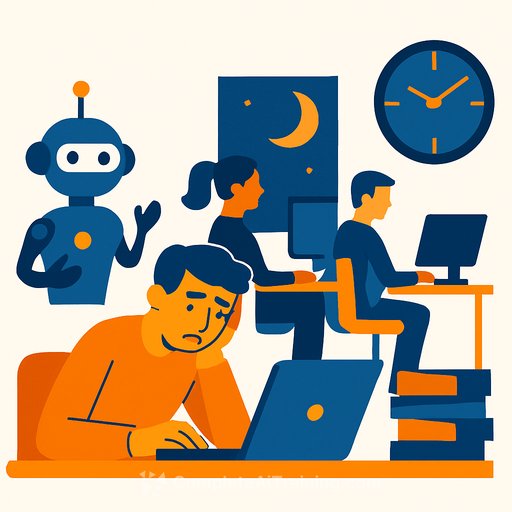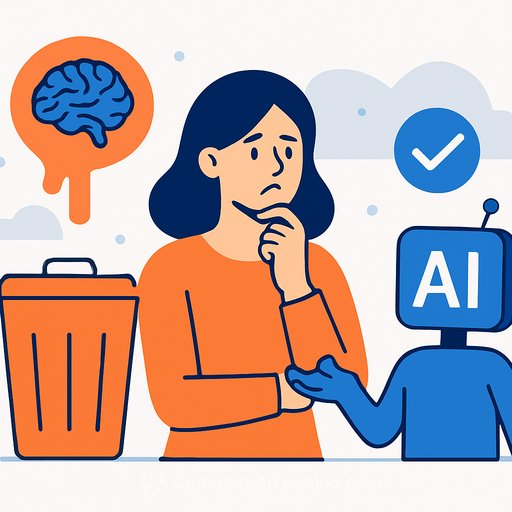Why Some AI Startups Are Adopting the 996 Work Culture
In an effort to keep up with Chinese competitors, several AI startups have started adopting the infamous 996 work schedule. This means working from 9 a.m. to 9 p.m., six days a week. The schedule, popularized by Alibaba's founder, has faced criticism worldwide and been labeled as "modern slavery" by many. But what does this mean for productivity?
The Productivity Myth of the 996 Schedule
At first glance, longer working hours might suggest higher output. However, studies consistently reveal that this intense work culture backfires over time. Increased hours lead to higher stress levels, which in turn damage employee well-being and reduce productivity.
For example, a 2021 study in the Kansas Journal of Medicine found a clear inverse relationship between worker stress and company productivity. Simply put, pushing employees harder doesn’t guarantee better results — it often does the opposite.
The Human Cost Behind 996
The 996 culture has drawn significant backlash in China itself. High-profile cases, including the deaths of two employees at the e-commerce company Pinduoduo in 2021, triggered investigations and legal responses. The country’s supreme court stepped in to regulate extreme working hours after these incidents highlighted the severe health risks involved.
A Better Alternative: The Four-Day Work Week
Instead of pushing employees to their limits, evidence suggests that working less can deliver better outcomes. A recent six-month trial involving 141 companies across the US, UK, Australia, and Ireland proved this. Nearly 3,000 employees switched to a four-day work week, resulting in improved well-being without any loss in productivity.
In fact, 90% of companies that participated decided to keep the four-day schedule. This approach offers a viable path forward, balancing business goals with employee health.
Policy Moves Supporting Shorter Workweeks
Growing interest in reduced work hours is reflected in new legislation. In New York State, Assemblywoman Phara Souffrant Forrest has proposed bills to pilot four-day work weeks for certain state employees and provide tax incentives for private companies adopting the model.
“Studies from around the world show that a shorter workweek increases productivity, reduces absenteeism, and improves morale,” Forrest explains. These initiatives aim to test and expand the benefits of shorter workweeks in real-world settings.
What Founders Should Take Away
For startup leaders, the lesson is clear: demanding longer hours is not the path to winning the AI race. Instead, focusing on sustainable work practices that protect employee health and promote efficiency creates a stronger foundation for long-term success.
After all, one of AI’s promises is to free up human time and enhance productivity without burning out the workforce. Embracing smarter work schedules aligns better with that vision.
For those interested in AI and productivity strategies, explore practical courses and resources at Complete AI Training.
Your membership also unlocks:






